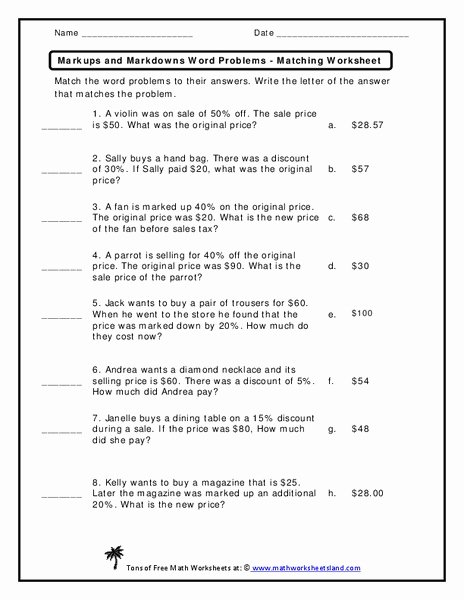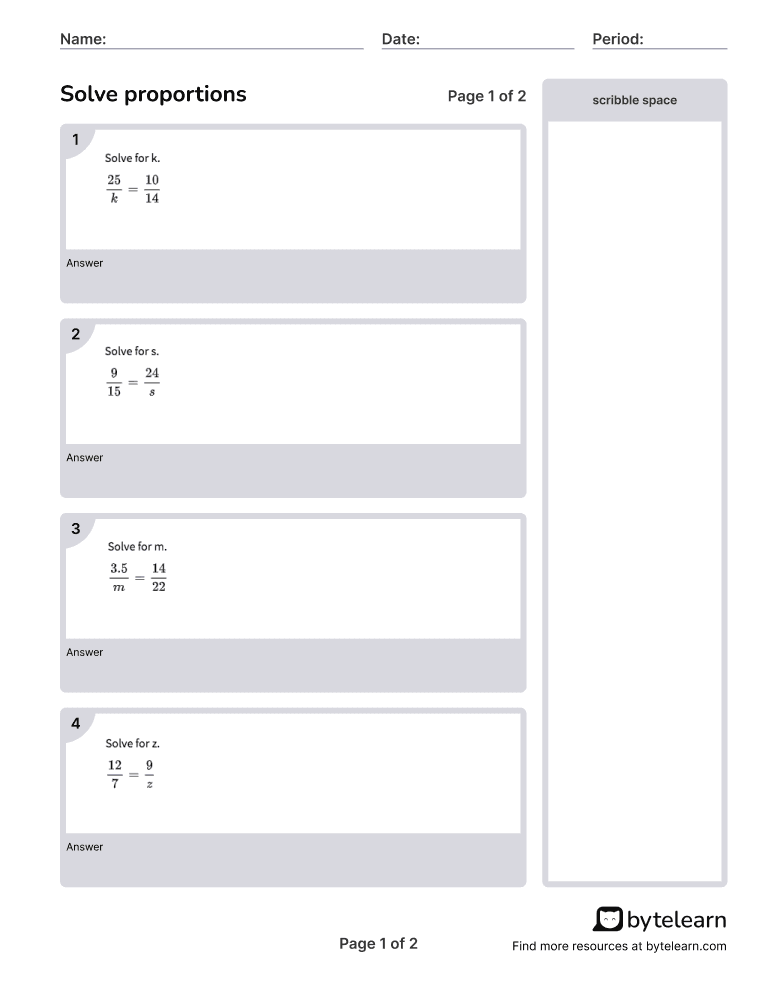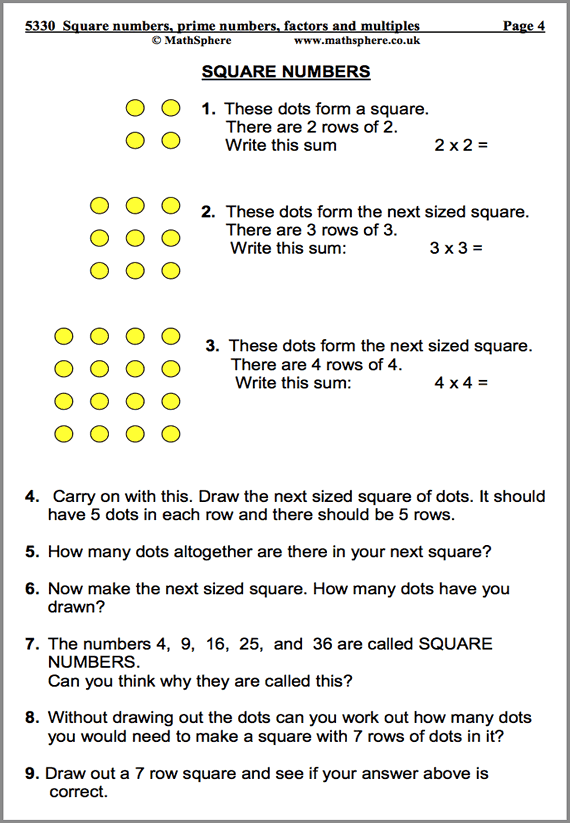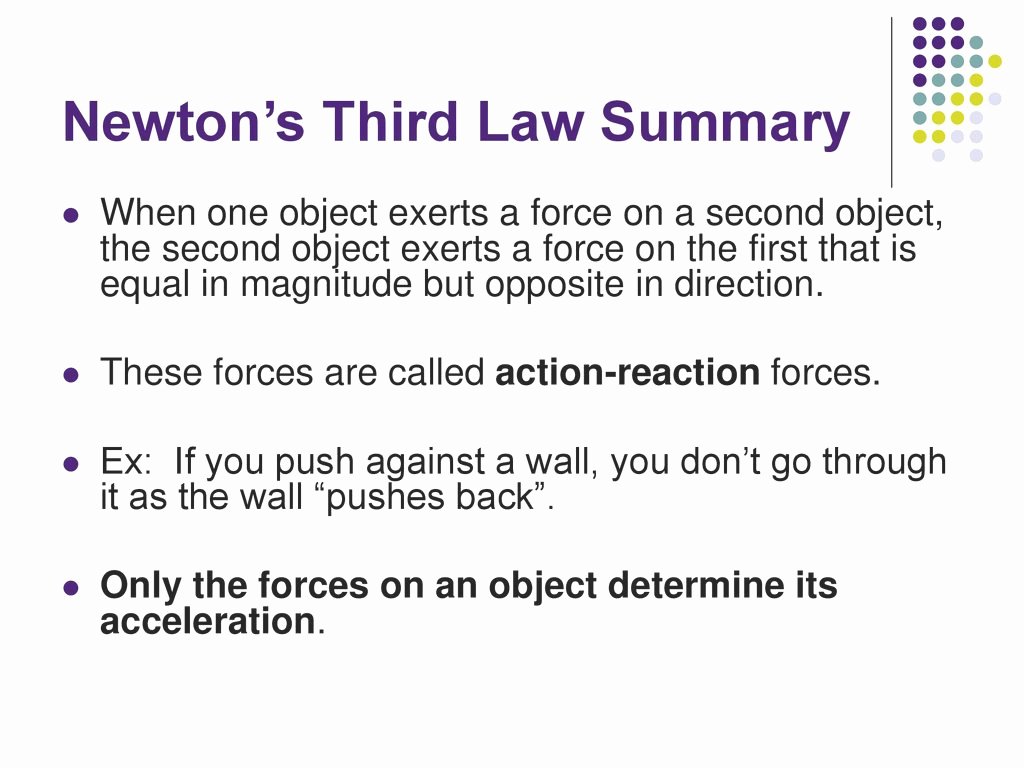5 Ways to Master Markup and Discount Calculations

Understanding the Basics of Markup and Discount Calculations
In the world of business and finance, markup and discount calculations play a crucial role in determining the final price of a product or service. Markup refers to the amount added to the cost of a product to determine its selling price, while discount is the amount deducted from the selling price to arrive at a lower price. Mastering these calculations is essential for businesses to ensure they are making a profit and for individuals to make informed purchasing decisions.
5 Ways to Master Markup and Discount Calculations
1. Understand the Formula
To calculate markup and discount, you need to understand the formula. The markup formula is:
Markup = (Selling Price - Cost Price) / Cost Price
Where:
- Selling Price is the price at which the product is sold
- Cost Price is the cost of producing or purchasing the product
The discount formula is:
Discount = (Original Price - Selling Price) / Original Price
Where:
- Original Price is the price before the discount is applied
- Selling Price is the price after the discount is applied
2. Practice with Real-World Examples
To master markup and discount calculations, practice with real-world examples. For instance, suppose a store sells a product for 100, and the cost price is 80. To calculate the markup, you would use the formula:
Markup = (100 - 80) / $80 = 25%
This means the store has added a 25% markup to the cost price.
3. Use a Calculator or Spreadsheet
Using a calculator or spreadsheet can help you quickly and accurately calculate markup and discount. You can set up formulas in a spreadsheet to calculate the markup or discount based on the cost price and selling price.
Example:

| Cost Price | Selling Price | Markup |
|---|---|---|
| $80 | $100 | =((100-80)/80) |
4. Learn to Calculate Percentage Increases and Decreases
To calculate markup and discount, you need to understand how to calculate percentage increases and decreases. To calculate a percentage increase, multiply the original number by the percentage increase, and add the result to the original number.
Example:
- Original price: $100
- Percentage increase: 25%
- New price: 100 + (25% of 100) = $125
To calculate a percentage decrease, multiply the original number by the percentage decrease, and subtract the result from the original number.
Example:
- Original price: $100
- Percentage decrease: 20%
- New price: 100 - (20% of 100) = $80
5. Understand the Difference between Markup and Margin
Markup and margin are often confused, but they are not the same thing. Markup refers to the amount added to the cost price, while margin refers to the amount left over after the cost price is subtracted from the selling price.
Example:
- Cost price: $80
- Selling price: $100
- Markup: 25% (calculated above)
- Margin: 20 (100 - $80)
📝 Note: Understanding the difference between markup and margin is crucial to making informed business decisions.
Summary of Key Points
- Understand the markup and discount formulas
- Practice with real-world examples
- Use a calculator or spreadsheet to quickly and accurately calculate markup and discount
- Learn to calculate percentage increases and decreases
- Understand the difference between markup and margin
What is the difference between markup and margin?
+Markup refers to the amount added to the cost price, while margin refers to the amount left over after the cost price is subtracted from the selling price.
How do I calculate markup and discount?
+Use the formulas: Markup = (Selling Price - Cost Price) / Cost Price and Discount = (Original Price - Selling Price) / Original Price
Why is it important to understand markup and discount calculations?
+Mastering markup and discount calculations is essential for businesses to ensure they are making a profit and for individuals to make informed purchasing decisions.
Related Terms:
- Discount Worksheet 7th Grade pdf
- Sales tax Worksheet PDF



